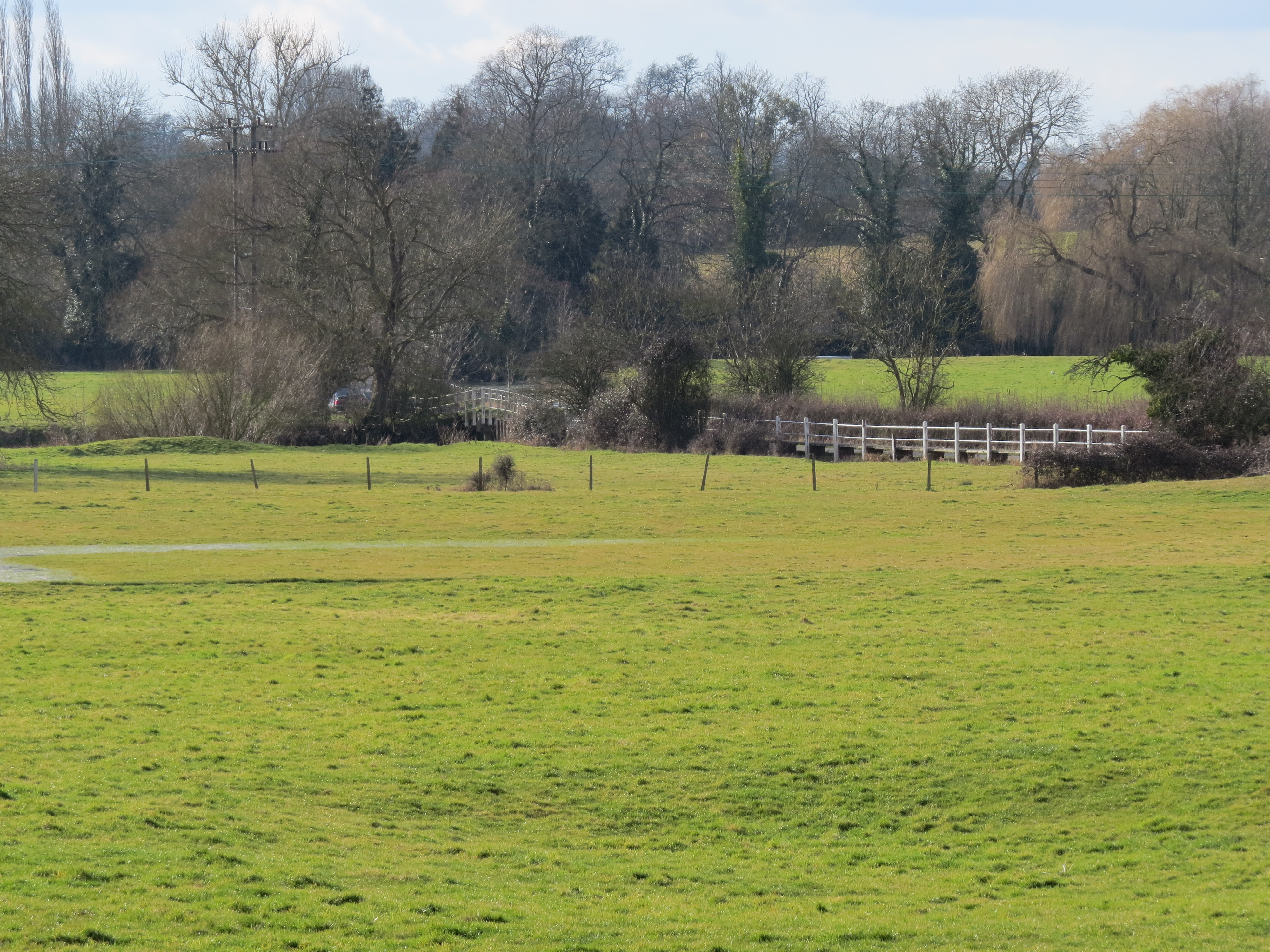Posture. Are you a spoon or a bridge?
Posture and Back Pain
The shape of a woman’s side profile could be used as an indicator of neck and back problems. That’s according to research from the British Chiropractic Association which showed the average age of onset of back pain in women is 34 years.
Women whose heads lean forward are most likely to currently be suffering back pain at (58%) followed by those with an arched back at (56%) whilst those with a flat back suffer the least…. To read more click on the green header above….
Hands-on or Hands-off Treatment?
How Can Hands on Treatment Help?
There is currently a lot of debate regarding hands on versus hands off physiotherapy. Research is being undertaken to ascertain, through evidence based trials, which form of treatment is most helpful in the long term to patients.
Very often patients will come to the Iveson Clinic, having had hands-off treatment at the local hospital but feeling frustrated that, after waiting on the NHS waiting list for their treatment, they received only advice and exercises!
However, I think common sense must prevail in the end! Without hands on treatment, patients will be unable to do their exercises, in the way intended, due to joint dysfunction or pain….. To read more, click on the green header above….
The Iveson Clinic has a makeover!
An Uplift For Our Patients
After 14 years, the Iveson Clinic Reception has had a makeover.
To add comfort for the Physiotherapy and Chiropractic patients at our clinic in Long Melford, Sudbury, we have also installed Air Conditioning…. To read more click on the green header above….
Technology causing back and neck problems
Technology and our posture
Sedentary lifestyles and repeatedly looking down at mobile phones and tablets, is causing increasing numbers of young people to suffer with neck and spinal problems.
A recent survey found that 45% of 16 to 24 year olds are currently suffering, compared to 28% in the previous survey.
Tim Hutchful , from the British Chiropractic Association said, “When people use laptops or mobile phones in bed, they tend to forget their posture, hunch over the screen and leave their spine unsupported.”

